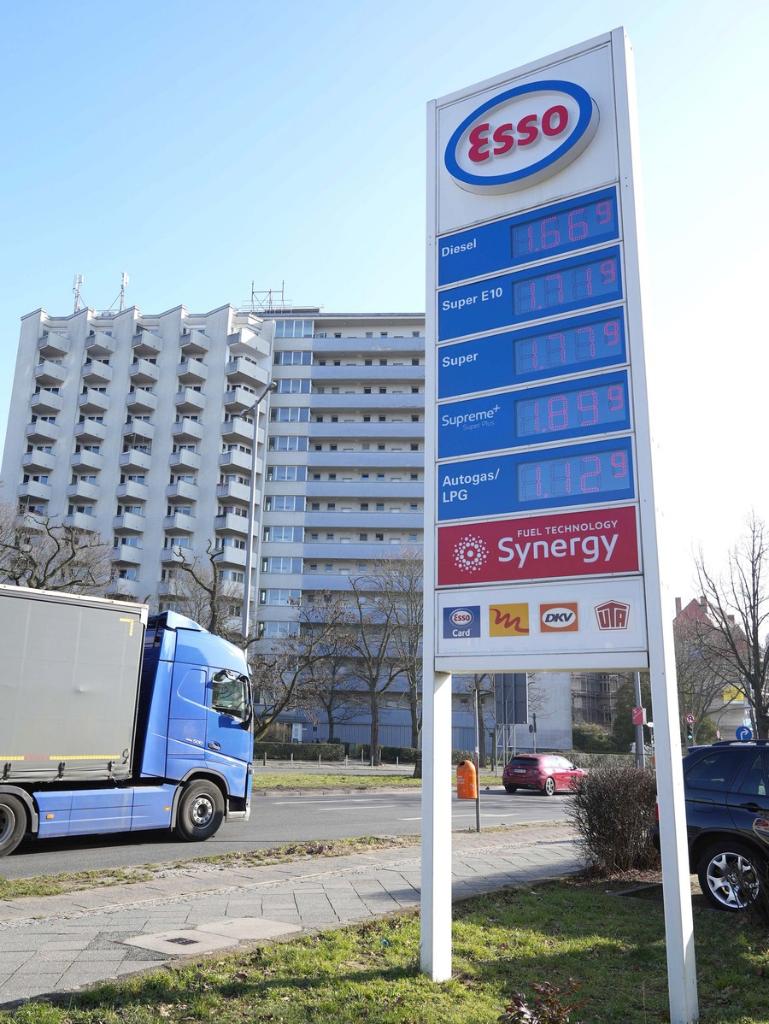
Customers shop at a supermarket in Frankfurt, Germany, on Aug. 1, 2022. (Xinhua/Shan Weiyi)
"The financial market experts anticipated a worsening of the already unfavorable economic situation in the next six months," ZEW President Achim Wambach commented, expressing the concern that the German economy may experience a mild recession.
FRANKFURT, May 22 (Xinhua) -- For lack of clear growth in economic indicators and the uncertainty in international economic development, experts failed to find evidence for an economic rebound in Germany.
A new study in the monthly bulletin of the European Central Bank (ECB) released on Friday assumed that the central bank's rapid interest rate hikes will noticeably dampen not only inflation but also the economic output in the euro area.
The transmission of interest rate hikes to economic activity can be even faster than the downward impact on inflation, said the ECB study to assess the macroeconomic impact of the monetary policy tightening.
While the downward impact of tightening on inflation is expected to peak in 2024, that on GDP growth is expected to peak in 2023 and may reduce the GDP growth by 2 percentage points on average in 2022-2025, said the study.
"It can be assumed that the German economy, which is particularly strongly interwoven with other economies, will feel this braking effect very clearly," wrote the German business newspaper Handelsblatt.
Recent economic data and expectations of the country also failed to provide positive signals.

A price board is seen at a gas station in Berlin, Germany, on March 2, 2023. (Photo by Stefan Zeitz/Xinhua)
The retail turnover in Germany was down by 2.4 percent in real terms in March from February, said the Federal Statistical Office (Destatis) earlier this month.
Industrial production also dropped 3.4 percent in March from the previous month, resulting in an overall downturn in total production across Germany, according to Destatis.
Handelsblatt described the data as "negative news from the German industry," as industrial production is one of the "hard indicators" of economic momentum.
The Leibniz Center for European Economic Research (ZEW) said on Tuesday that the ZEW Indicator of Economic Sentiment for Germany recorded a significant decline in the current survey in May and fell into negative territory for the first time since December 2022.
The negative reading was reflecting widespread investor pessimism and came in below analysts' expectations, according to the German business news magazine Wirtschaftswoche.
"The financial market experts anticipated a worsening of the already unfavorable economic situation in the next six months," ZEW President Achim Wambach commented, expressing the concern that the German economy may experience a mild recession.
According to Wambach, the expectation of future interest rate increases contributed to the fall in the sentiment indicator.
Furthermore, the possibility of a U.S. debt default in the coming weeks also makes the outlook for the global economy uncertain, he said.
Another factor contributing to uncertainty in the global economy is the geopolitical tensions, which could be further intensified by a potential increase in protectionist measures, said Ludovic Subran, chief economist of financial services company Allianz, citing export restrictions imposed by the United States and possible regulations on investments.
"There's high uncertainty (in the German economy)," said the latest report of the International Monetary Fund on its mission in Germany, adding that Germany will have to adapt to a new normal characterized by an aging population, the continuous requirement to address climate change, and increased risks of geo-economic fragmentation.■












